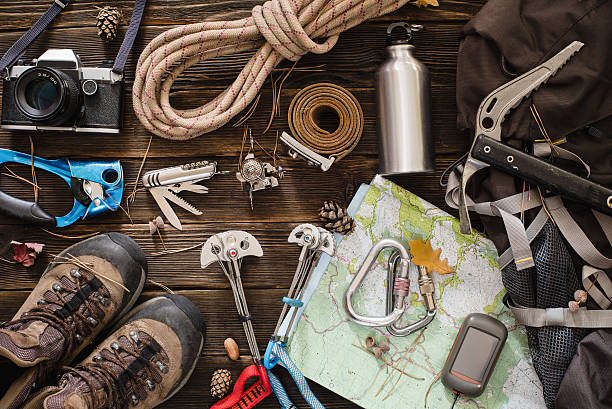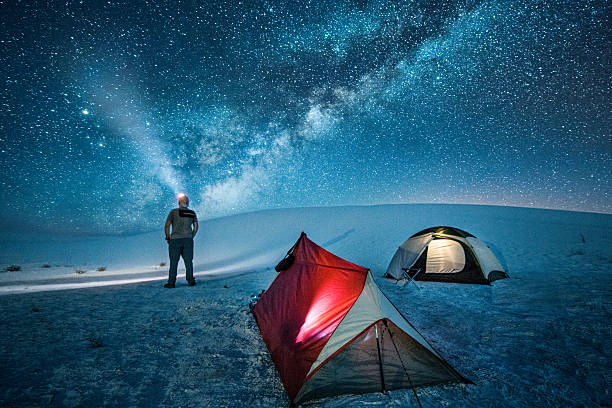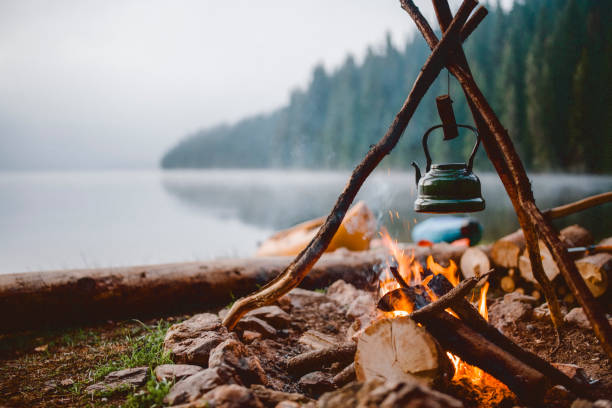Outdoor Adventure Gear For Nature Enthusiasts
For outdoor adventurers who love bird watching, a quality pair of binoculars is a must. They also need a tent that will keep them warm at night and dry during a rainstorm.
Navigation tools, such as a map, compass, and GPS device, are essential for any outdoor adventure. A first-aid kit is also important for emergencies.
Backpack
Whether you are a student carrying your books to school or an experienced hiker on your next adventure, a backpack is an essential piece of gear for outdoor activities. A backpack helps distribute weight evenly and keeps your hands free, making it ideal for hiking, camping, and other outdoor adventures. Backpacks also offer convenient storage for all your gear.
There are many different types of backpacks, but the best one for you depends on the type of activity and duration of your trip. For example, a daypack is ideal for short trips, while hiking backpacks prioritize comfort and weight distribution for long treks.

A good backpack should be made of a durable, lightweight material that can handle trail wear and tear. It should also have multiple compartments to keep your gear organized. It is also important to pack smart for an efficient experience, distributing heavier items toward the center and close to your back and lighter items near the top of the bag.
Navigation tools
When embarking on a hiking or camping adventure, it is important to be prepared with the right equipment. This includes high-quality backpacks and footwear, weather-appropriate clothing, and navigation tools. These items can make all the difference between an enjoyable adventure and a disaster.
A reliable compass can help you navigate the wilderness without getting lost. Choose one that has a rotating bezel to set a desired bearing, and orienting lines to align with map grid lines. Also, carry topographic maps in various scales for a variety of environments.

Another essential outdoor gear is a multi-tool or knife that can cut rope or make other necessary repairs. Choose a lightweight multi-tool that is easy to use and store. It is also a good idea to bring a first-aid kit in case of an accident. Lastly, make sure to bring a sleeping bag that is appropriate for your environment.
First-aid kit
A first-aid kit is one of the most essential items that every hiker should carry. It can help you deal with common injuries like bee stings, bee swarms, sunburns, and blisters. The kit should also include sterile pads and gauze, bandages, and personal protection gear. It should be stored in a waterproof container and should be customized to meet the needs of hikers, including any pre-existing health conditions.
The kit should also contain a first aid manual for quick and efficient treatment of an emergency. Whether you prefer to buy a ready-made kit or make your own, it is important to prepare for unexpected mishaps when trekking in the wilderness. Having the right first-aid supplies can save your life in an emergency and keep you safe. The MyFAK Pro kit includes advanced supplies like a tourniquet, hemostatic dressing, chest seal and nasal airway tube, and a micromend kit for deep cuts and lacerations. It fits all of these essentials into a lightweight and compact case that is easy to carry with you on any backcountry adventure.
Compass
A compass is an indispensable navigation tool and should be carried by any serious hiker. It does not require batteries and relies only on the Earth’s magnetic field to work.
A basic compass is inexpensive, lightweight and easy to use. It consists of a circular housing that contains a needle – typically rotated by a rotating magnet – surrounded by a directional travel line and scale. The scale is usually divided into degrees – though some compasses (generally military models) use a system called mils (6400 mils equal one full turn).
If you know how to read a topographical map and navigate using a compass, you can easily find your way across wilderness terrain. This skill gives you confidence when the trail markers disappear or the weather turns bad and will open up new hiking routes to explore. You can learn these skills in outdoor education classes, at a local gear shop or through online resources.
Lighting
A headlamp is essential for outdoor adventures, whether it’s to keep you safe from wildlife at night or to illuminate your campsite when darkness falls. A flashlight can be used for a variety of purposes as well, including reading in your tent or using to find items you’ve dropped. Both items are lightweight and easy to pack in your backpack or hiking bag.
The right hiking and camping gear can make or break your experience in the outdoors. By choosing the right gear for different environments, you can maximize comfort and safety. For example, when hiking in mountainous terrain, opt for sturdy, ankle-supporting footwear and trekking poles. When exploring desert environments, prioritize sun protection, ample hydration, and breathable clothing.

In addition to your camping and hiking gear, you should bring a first aid kit with supplies like bandages, scissors, antibiotic ointment, and pain relievers. Also, consider packing a sink stopper and laundry detergent for hand-washing your clothes. This way, you can reduce your pack weight and still have clean clothing when you need it.
Emergency supplies
A sturdier pair of hiking boots is another essential piece of gear for any outdoor enthusiast. They provide support and traction for hiking on rugged terrains, while keeping feet comfortable. If your loved one enjoys bird-watching, a pair of binoculars allows them to observe feathered favourites in detail.
A supply of rope or twine is useful for making shelters, tying tools together, and repairing equipment. A popular kind is 550 paracord, which is light, strong, and can be broken down into individual strands for other uses.

